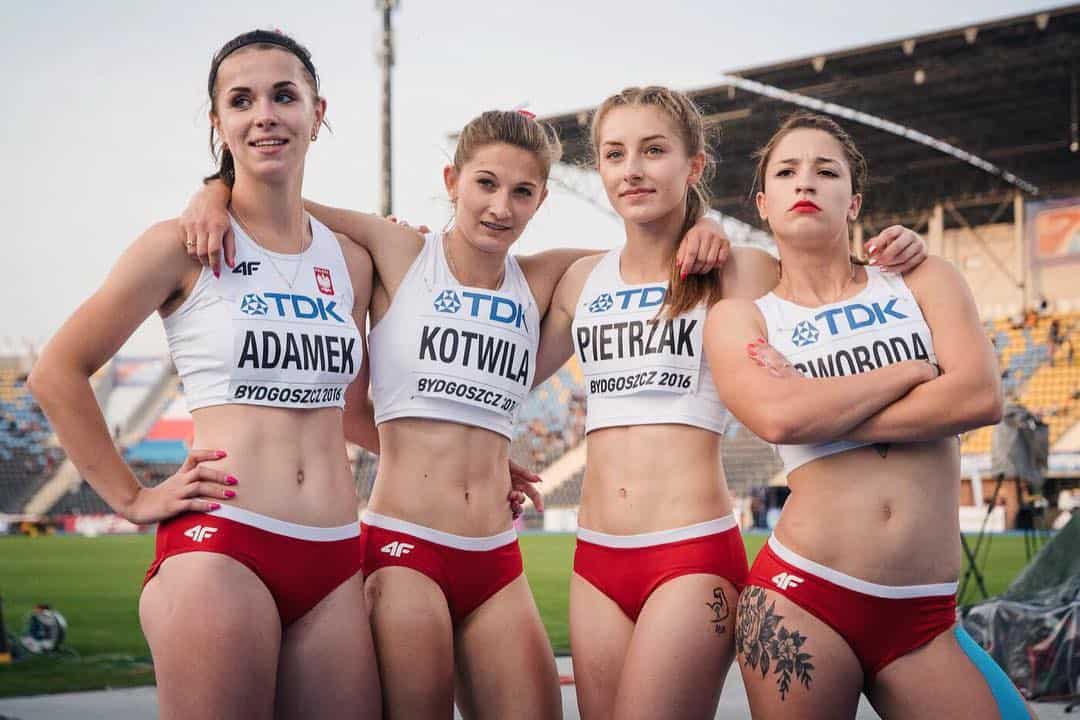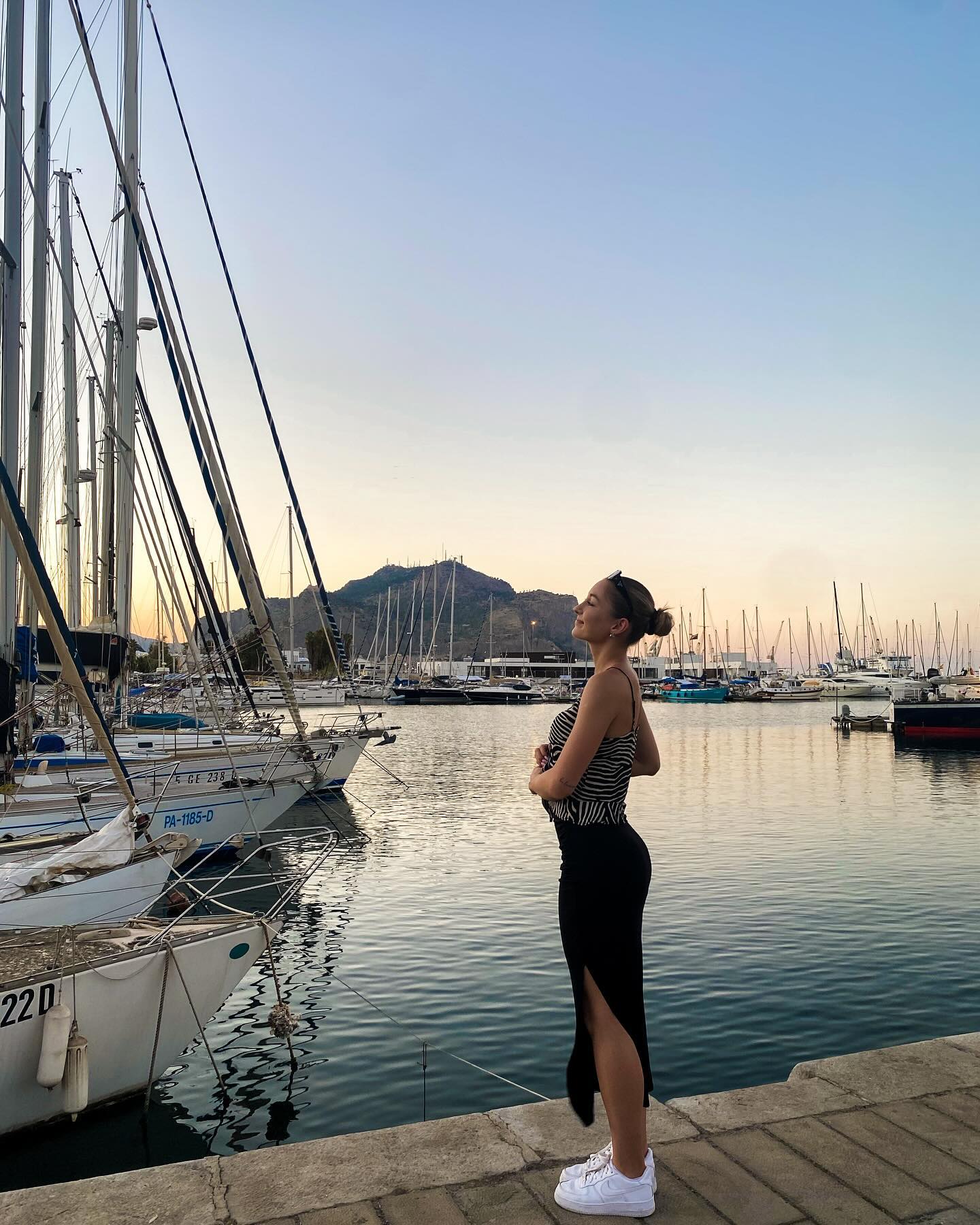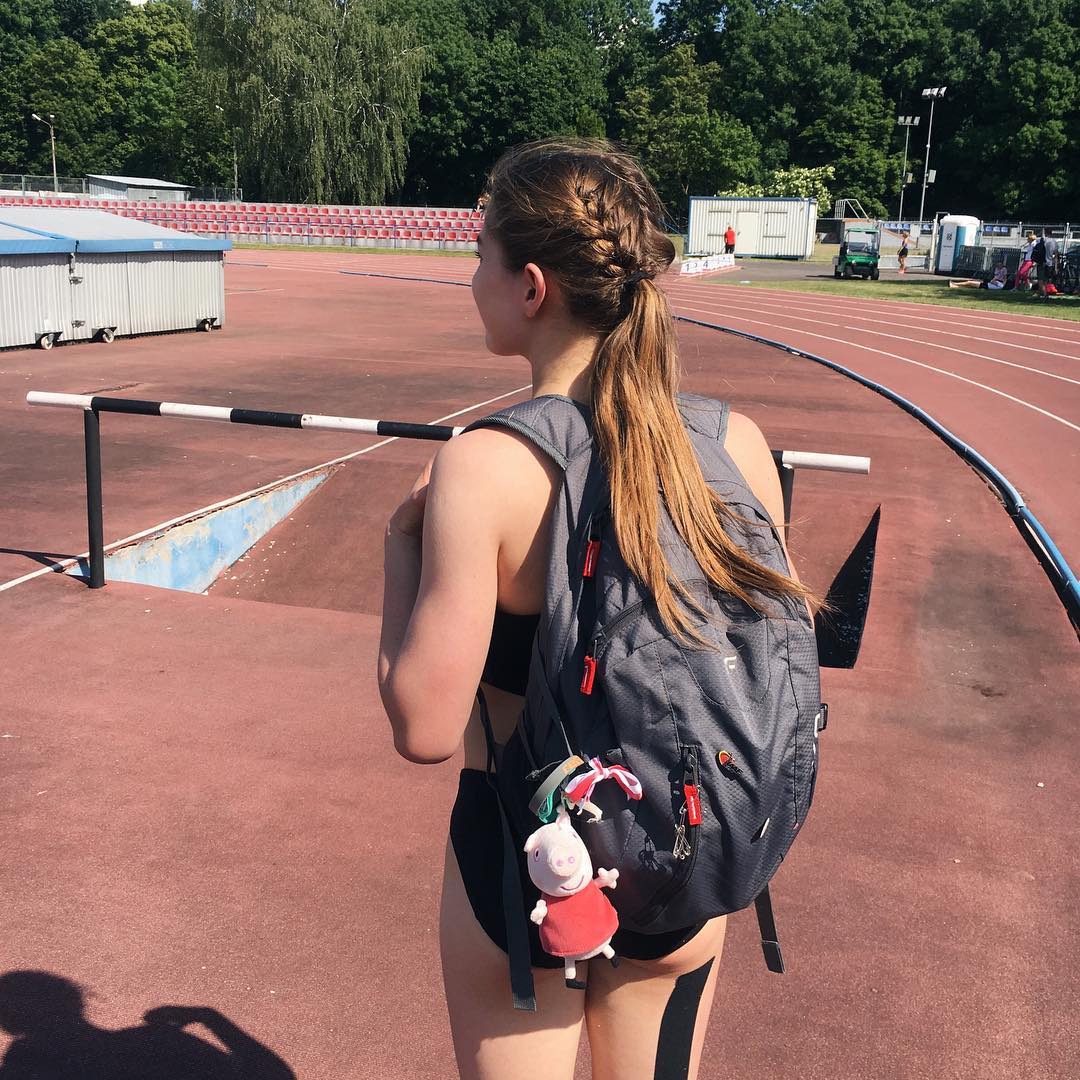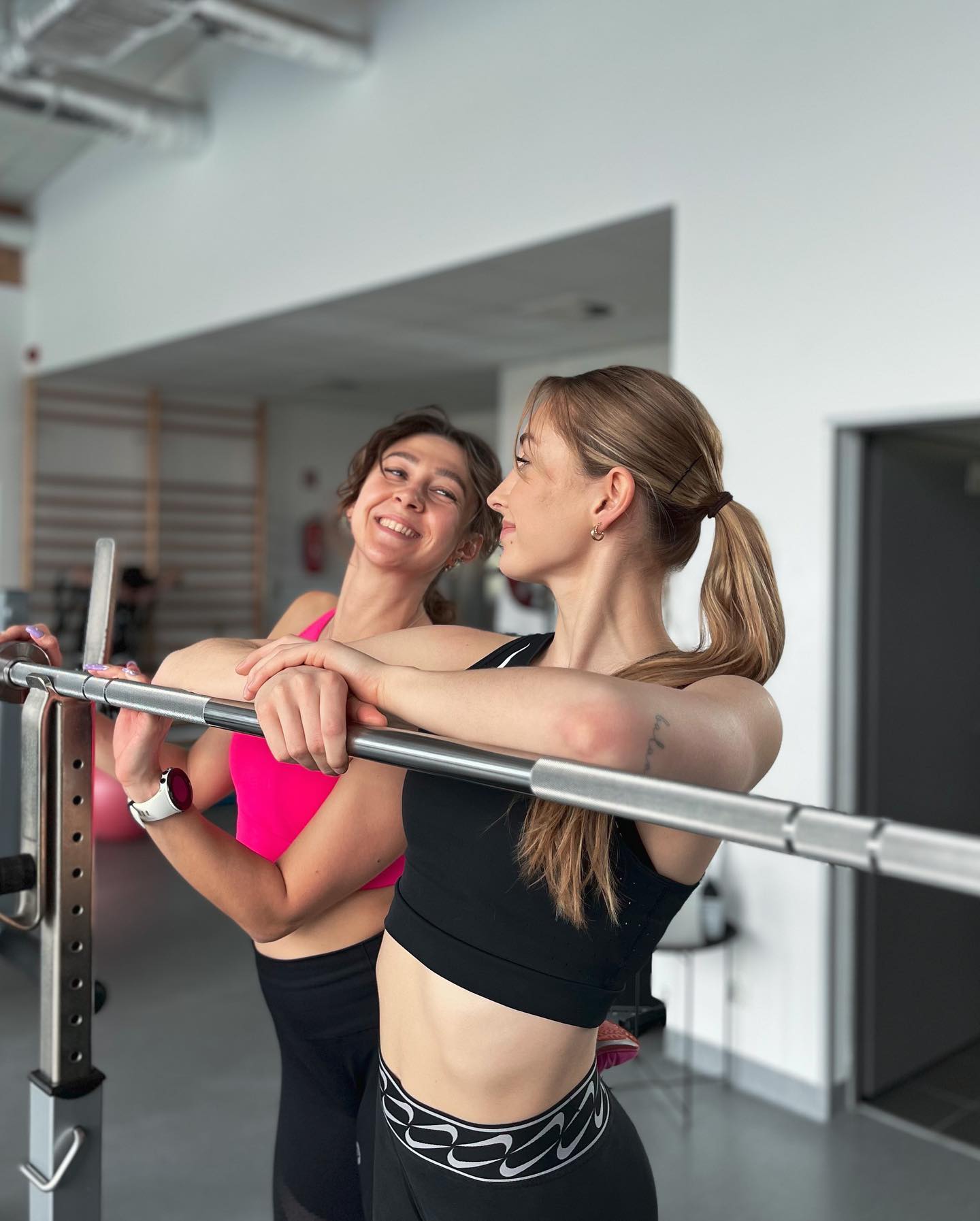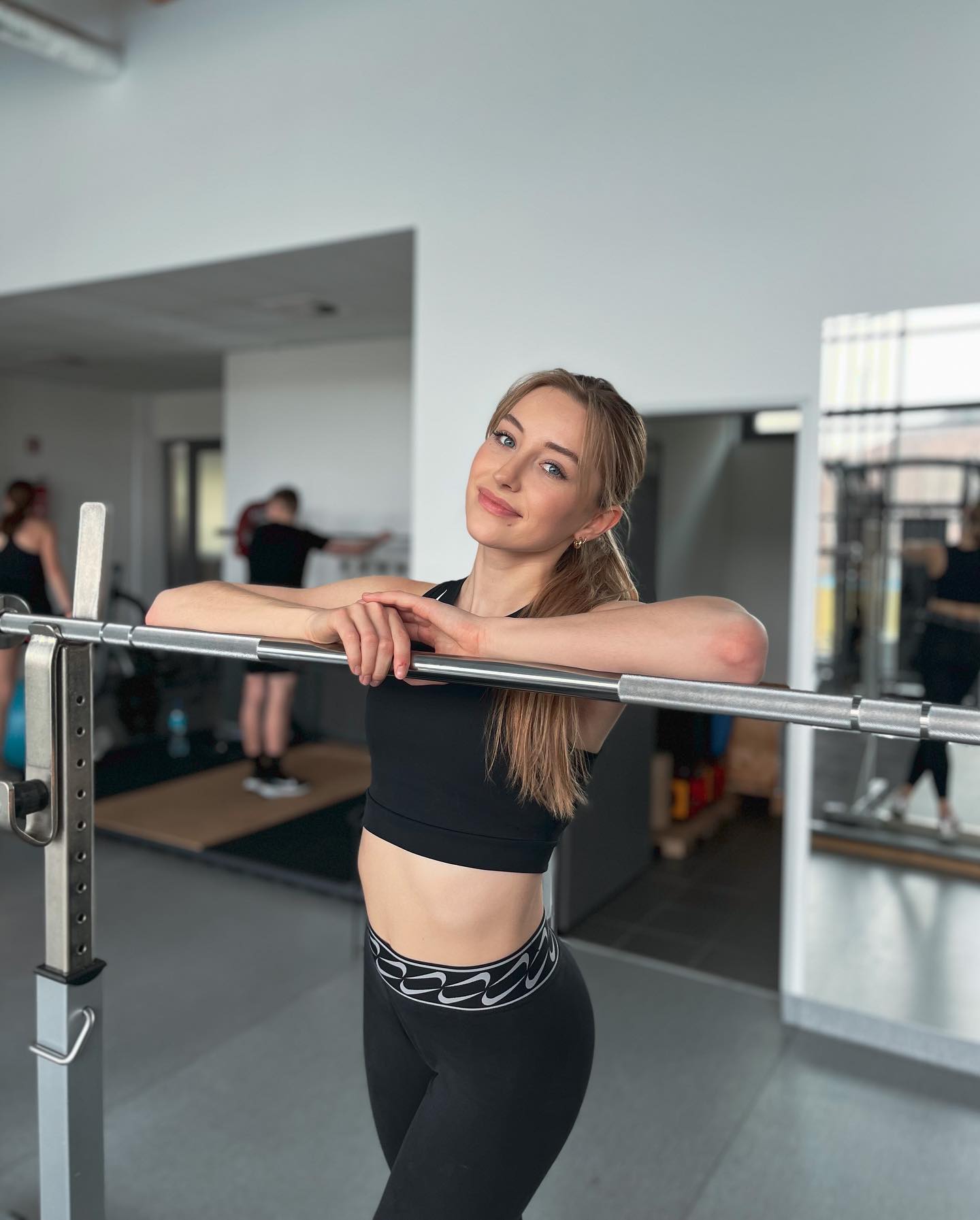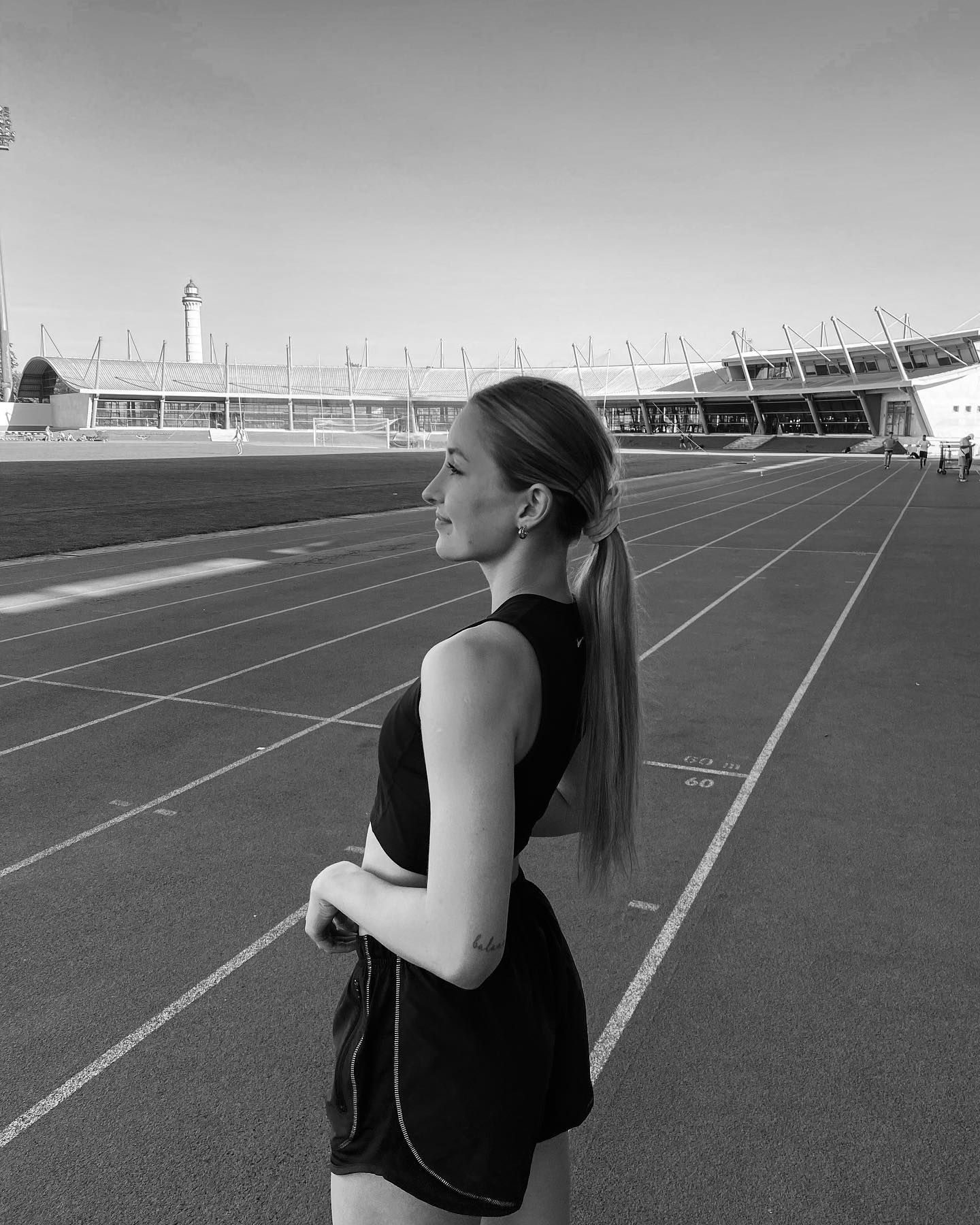Olga Pietrzak: A Profile of Poland’s Sprint Relay Specialist
Olga Pietrzak, born on December 16, 1998, in Poland, is a track and field athlete who specialized in sprint events, particularly the 4×100 meters relay. While her international profile remains modest, her career highlights include representing Poland at junior global championships and contributing to national relay teams during a critical period for Polish sprinting. This biography synthesizes available records to outline her athletic journey.
Early Career and Junior Achievements
Pietrzak emerged in Polish athletics during her teenage years, a period when the country was cultivating talent in sprint disciplines. Her early focus on the 100 meters and 200 meters laid the groundwork for her later specialization in relay events. By 2016, at 17 years old, she had secured a place on Poland’s junior national team, competing at the 2016 World U20 Championships in Bydgoszcz, Poland.
At these championships, Pietrzak anchored Poland’s 4×100 meters relay team, which advanced to the final and finished eighth overall with a time of 44.55 seconds414. This performance marked her first major international appearance and demonstrated her potential in relay dynamics—a discipline requiring precise baton exchanges and split-second timing.
National Recognition and Relay Prowess
Pietrzak’s consistency in domestic competitions earned her the title of Polish national champion in the 4×100 meters relay, though specific years and venues for these victories are not detailed in publicly available records4. Her role as a relay specialist aligned with Poland’s broader strategy in the mid-2010s to strengthen its sprint programs, particularly after the nation’s women’s 4×400 meters relay team had achieved global success.
Her personal best in the 4×100 meters relay—44.55 seconds—remains tied to her 2016 World U20 Championships performance4. While individual sprint times (e.g., 100m or 200m) are not documented in the search results, her selection for relay duties suggests proficiency in short-distance speed and technical baton-handling skills.
Technical Attributes and Team Dynamics
As a relay athlete, Pietrzak likely honed her skills in the third or fourth leg positions, which demand a combination of curve running (for inner lanes) or straightaway speed (for anchor legs). The Polish relay squad’s eighth-place finish at the 2016 World U20 Championships underscored the challenges of competing against nations with deeper sprint traditions, such as the United States and Jamaica, which dominated the podium14.
Photographs from the 2016 championships depict Pietrzak in mid-exchange during the relay final, showcasing the team’s synchronized technique1315. These visuals corroborate the precision required in an event where milliseconds often separate medalists from also-rans.
Post-2016 Trajectory and Legacy
Available records do not detail Pietrzak’s career beyond 2016, suggesting she may have transitioned away from elite competition or faced challenges in advancing to senior-level teams. The absence of updated World Athletics rankings or competition results after 2016 implies that her athletic peak coincided with her junior career.
This pattern is not uncommon in sprinting, where the transition from junior to senior ranks often requires significant improvements in speed, strength, and consistency. For context, Poland’s senior women’s 4×100 meters relay team struggled to qualify for global finals during the late 2010s, potentially limiting opportunities for emerging athletes like Pietrzak2.
Cultural and Historical Context
Pietrzak’s career unfolded alongside Poland’s broader investments in track and field infrastructure, including the modernization of stadiums in cities like Bydgoszcz—a hub for national championships2. Her participation in the 2016 World U20 Championships on home soil highlighted the event’s role in promoting Polish athletics, drawing attention to junior talents before domestic audiences.
Notably, her career timeline overlaps with that of Michał Pietrzak (no confirmed relation), a Polish 400 meters hurdler and relay medalist at European Championships5. While their disciplines differed, their simultaneous presence on national teams reflects Poland’s diversified approach to track and field during this period.
Conclusion
Olga Pietrzak’s athletic journey epitomizes the challenges and opportunities faced by junior athletes striving to bridge the gap to senior competition. Her contributions to Poland’s 4×100 meters relay team at the 2016 World U20 Championships remain a testament to her technical skill and teamwork. While her post-2016 trajectory remains undocumented, her legacy endures as part of a generation of Polish sprinters who laid groundwork for future relay successes.
For historians of Polish athletics, Pietrzak’s career serves as a case study in the developmental pathways of relay specialists—a role demanding both individual speed and collective cohesion. Her story underscores the transient nature of athletic prominence, where even brief appearances on global stages contribute to a nation’s sporting narrative.
Go Olga!

